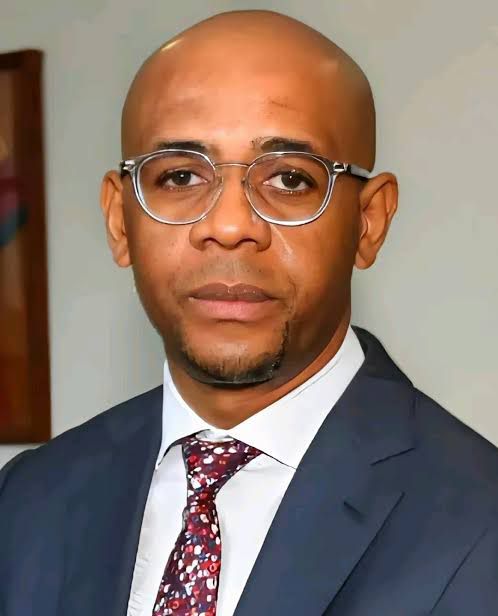Equatorial Guinea’s Baltasar Engonga Ebang Faces 18-Year Prison Sentence Amid Scandal
Baltasar Engonga Ebang, the former head of Equatorial Guinea’s National Financial Investigation Agency (ANIF), has been sentenced to 18 years in prison following a high-profile trial. The charges against him include embezzlement, illicit enrichment, and abuse of power. The prosecution also imposed a fine of nearly one billion CFA francs and a ban on holding any public office during his sentence.
Background and Charges

Engonga, a prominent figure in Equatorial Guinea’s political landscape, was arrested in October 2024 amid allegations of financial misconduct. Investigations revealed that he had embezzled substantial amounts of public funds and engaged in illicit enrichment through his position. The abuse of power charges stem from his misuse of authority to facilitate these activities.
The Scandalous Leak
The case gained international attention when over 400 explicit videos featuring Engonga surfaced online. The videos allegedly depicted him in intimate encounters with various women, including relatives of high-ranking officials. The leak sparked widespread outrage and raised serious concerns about privacy, consent, and the ethical conduct of public officials.
Read Also: Scholarship for Caribbean Students to begin next year— Tinubu
Legal Proceedings and Public Reaction
The trial, which commenced in late 2024, attracted significant media coverage. The prosecution’s request for an 18-year prison sentence reflects the gravity of the charges and the impact of Engonga’s actions on public trust. Public opinion remains divided, with some viewing the sentence as a necessary step towards accountability, while others question the motivations behind the scandal and its potential political implications.
Implications for Equatorial Guinea
This case underscores ongoing issues within Equatorial Guinea’s leadership, including corruption, lack of transparency, and human rights concerns. The government’s response to the scandal, including attempts to suppress the spread of the videos, highlights the challenges faced by the country in balancing privacy rights with public interest.









